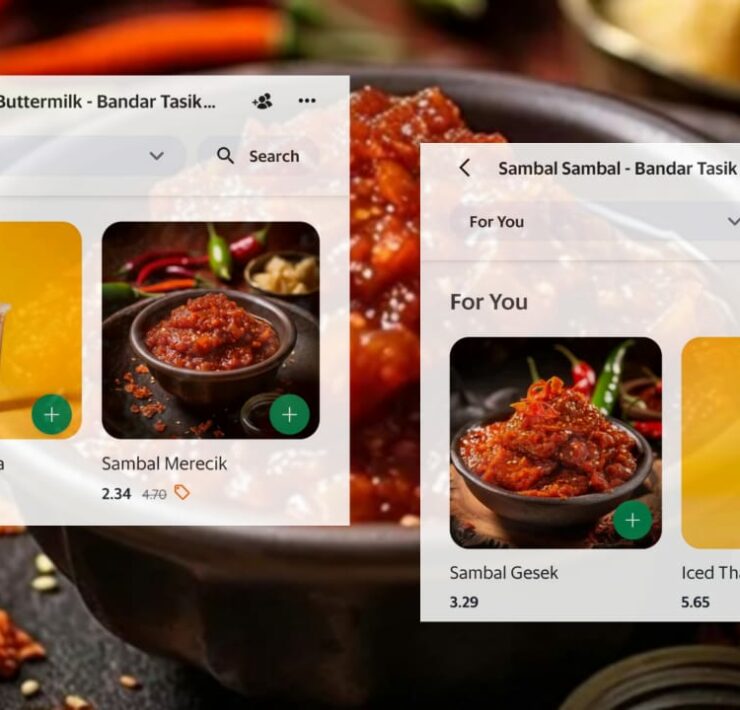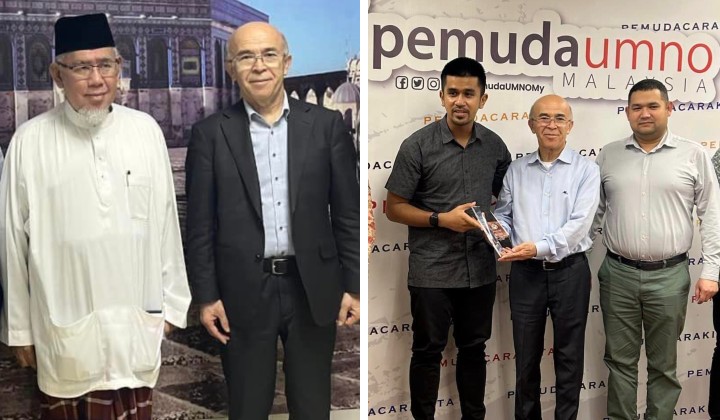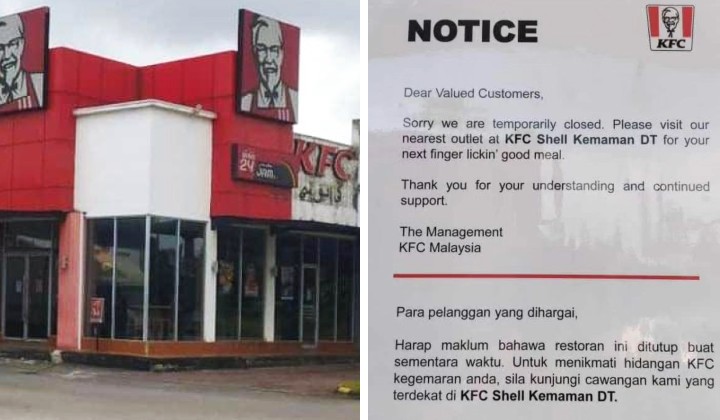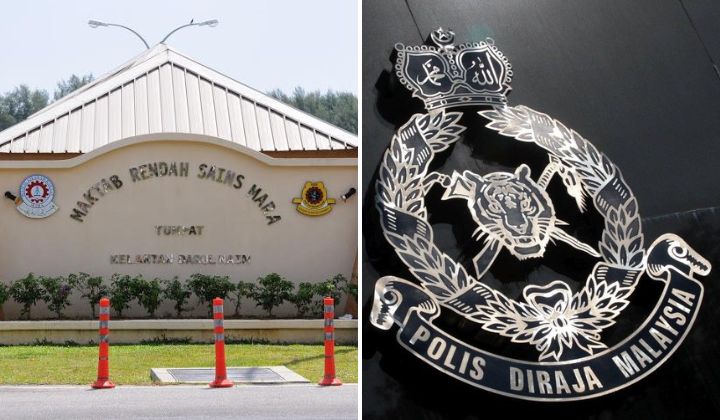Why Does Singapore Get More Mega Concerts Compared To Malaysia? Time To Revamp The Process
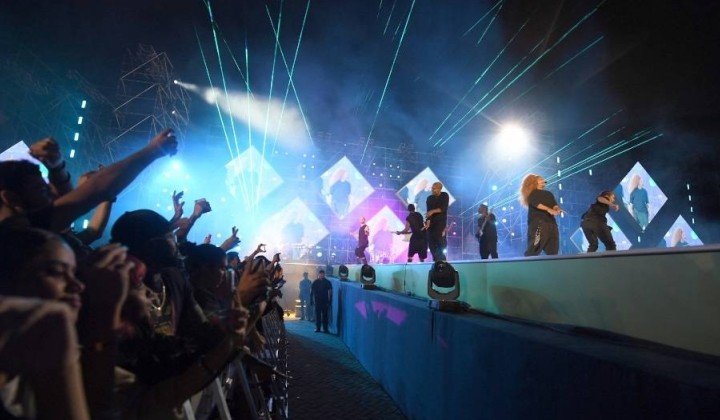
Subscribe to our Telegram channel or follow us on the Lumi News app for the latest stories and updates.
We have seen big names performing in Malaysia. From Michael Jackson in the 90s to Bon Jovi several times to Taylor Swift in 2014 and many more.
To say that Malaysia is not attractive to foreign artists is erroneous at best. We have a lot to offer and as mentioned, we have seen mega stars adding Kuala Lumpur to their tour.
However, of late, we seem to be losing out to Singapore. It all started with Coldplay’s one night only in Kuala Lumpur but six nights in Singapore.
To add salt to a still sore wound, Taylor Swift announced her 2024 tour which only includes Singapore in Southeast Asia, and that too for six nights.
Beyonce’s 2024 Renaissance tour is also rumoured to have a Singapore stopover, and no Kuala Lumpur.
When tickets were sold out for Coldplay’s KL concert, many appealed to the band on social media to add more nights here. Their plea was in vain but Singapore secured more shows.
Putting Coldplay and Tay-tay, even Queen Bee aside, the fact that Singapore appears to be the destination of choice raised questions on why they don’t see Kuala Lumpur the way they do our neighbour.
The most obvious reason is politics. When Prime Minister Datuk Seri Anwar Ibrahim welcomed Coldplay here after they announced their concert date, opposition party PAS went to town denouncing the band performing here. They latched on to Coldplay’s acceptance of LGBTQ+ and remarked that Malaysia should not encourage this type of behaviour here.
READ MORE: PAS Politician Urges Cancellation Of Coldplay Concert in Malaysia
READ MORE: Alife Malaysia: Political Protests Limit Malaysia To One Coldplay Show, While Singapore Hosts Six
But this can’t be the only reason.
We figured it was best to reach out to those who actively engage in live events to get a better understanding of what it takes to organise a live performance in Malaysia.
Speaking on condition of anonymity, an event organiser pointed out the currency exchange rate as a possible cause why some prefer to head to Singapore.
To her, approvals and permit pale in comparison to the fees of an international artist, especially those that are paid in US dollars.
Each artist has their own requirement, own technical rider, there is a lot of cost there. Factor in travel arrangements, business class/first class, accommodations, food, their entourage which can sometimes be up to 30 people.
Event organiser
She said what makes it all expensive is the exchange rate. As it stands, US$1 is currently SGD1.35 and RM4.67.
Meanwhile, Livescape Group founder and Group CEO Iqbal Ameer whose company operates in Malaysia, Singapore and Indonesia and has organised shows in other countries including China, Vietnam and Australia told TRP that Malaysia is the most difficult to get any event up.
This he said detracts from Malaysia wanting to promote ease of business.
Why is Malaysia difficult? Simple answer is the system that we have here.
Iqbal said this system has not seen any changes in years.
“Or I guess the process of even changing these systems is very long and tiring and at the same time, more and more businesses find it very difficult to try and promote concerts in Malaysia.”
The approval process is long as it requires various different steps, involving multiple agencies from the police to the fire department to the Central Agency for Application for Filming and Performance by Foreign Artistes (Puspal).
They all have very different aspects of the event that they want to look at. So this makes it very difficult because you as an event organiser, you have to talk to multiple different bodies in order to get approved for an event.
Iqbal Ameer, Livescape
He said a lengthy process would make sense if the business in question is operating a permanent setup, like a restaurant.
Live events or live entertainment is short, in and out. But we still follow sort of like the same system, that we have to talk to different different bodies and that’s the first thing that makes things very difficult.
Iqbal Ameer, Livescape
Puspal Guidelines
What is Puspal? Puspal is, as its name suggests, the central agency for the application for filming and performance by foreign artistes.
We went on the internet to look at the guidelines when it comes to live shows for Malaysia and Singapore.
We found that the Puspal guideline is 74 pages long with lengthy descriptions of dos and don’ts, whereas Singapore’s guide is 4 pages long.
Iqbal is of the opinion that Puspal’s guideline is extremely lengthy by comparison because Malaysia is focusing more on detailing what cannot be done.
We’re trying to be as specific as possible and try to make sure that we cover every single aspect so that nothing falls through the cracks whereas Singapore has taken a very different stance. It is not about (things) falling into the cracks. It is about making sure that you follow the Singapore guidelines and it’s about safety and security and making sure that it benefits the entire country.
Iqbal Ameer, Livescape
While the process may be lengthy, Iqbal said Puspal has done a commendable job given the restrictions that they have.
The people that work in Puspal do try their best to understand where event organisers are coming from and what they need to do, but again, it’s because event organisers find it very difficult to follow these extremely strict guidelines that have been set forth by Puspal in the first place.
Iqbal Ameer, Livescape
Another downside to the extensive guideline is that they can be interpreted in many ways.
Politics and media
Going back to politics as a factor, Iqbal said it does play a huge role given that Malaysia is fractured as a society, with politicians drumming up the beat, taking advantage of this (concerts) for their own benefit, own gain.
Anything can be seen as controversial.
Iqbal Ameer, Livescape
There is also the domino effect where the media tend to add fuel to the fire.
“This changes sentiments of the people who are reading it. If I read that live entertainment is demoralising, and then I watch a video that it is demoralising and I’ve been seeing this for 12 months, it is going to get into my head and I will start to believe,” he said, which then gives credence to the political agenda being spread out there.
The people reading these agendas can be civil servants tasked with processing concert applications or giving their stamp of approval.
This is where the domino effect comes into play and they may translate all these “information” they consumed into not handing out approvals.
A lot of government entities walk on eggshells. Nobody wants to piss anyone off because they’re afraid that they’re going to get fired or reprimanded for taking an action because someone can blame someone.
Iqbal Ameer, Livescape
Moving forward
Iqbal pointed out that we are now in an age where live entertainment is recognised globally and that it is an important aspect of growth. It is also the fastest way countries can grow its economy, tenfold.
“It’s a huge outlet for tourism. But yet, we haven’t changed the practices or adapted these practices to how the world has changed around us. And that’s the big thing.
“And if we keep moving our fences according to political whims or reacting to people and political agendas, nobody is looking in the best interest of everyone and we should be looking at the benefits that it has for the nation instead of ‘how I may be looked at if I give this approval’,” he said.
He remarked that countries like Singapore, Hong Kong, China and Australia are all aware of this so government bodies and private companies, promoters, they all work in unison because they know that if an event is a success, then it benefits everyone.
And yes, there will be people that will not be happy with it, but you can’t make everyone happy. Imagine if every movie had to be scrutinised by so many guidelines, no movies will come through. This will affect the cinema industry greatly.
Iqbal Ameer, Livescape
Share your thoughts with us via TRP’s Facebook, Twitter, and Instagram.

